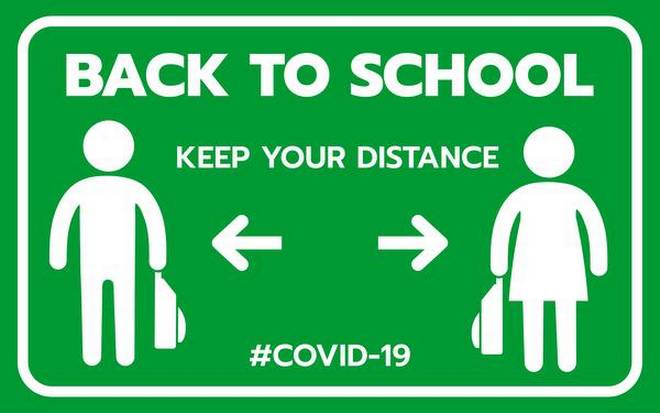
The post-pandemic situation will be challenging, both for students and teachers. A look at the issues that may crop up
Of the current global human population of 7.8 billion in 2020, nearly 1.3 billion are learners who have been affected by the closure of educational institutions due to COVID-19. Such spaces are fundamental not only for academic interactions but also to build social and emotional skills and mental and physical health. As governments contemplate when and how to re-open schools and colleges, it is clear that the post-pandemic situation will be different for both teachers and students.
Resuming classroom
With students and teachers getting used to remote teaching, which has been the norm for much of this year, getting back to the traditional classroom environment will be challenging. One immediate issue will be lack of focus, as students may be distracted by sharing their experiences of life during the lockdowns. This initial hiccup can be overcome by giving them the right orientation.
Psychological stress
Lack of excitement
Students who have already begun a new academic year online have lost the charm and excitement of a new classroom environment along with that of getting new uniforms, books and other essentials. Further, a physical connect after a vacation usually is a happy time of sharing experiences of travel and other thrilling moments, none of which was possible this year. Also, educational institutions are considering a shift system so that fewer students will be present in the classroom, leading to smaller groups.
Transition hampered
Students who finished school this year have had their introduction to college through a virtual walk through. This does not really help in showcasing the institution. Also their interactions in the college would have depended on whether they were day scholars or hostel residents. Exposure to cultural, club and other extracurricular activities shape the life of students, but this is not possible now. Authorities and the faculty will have to find solutions to circumvent these problems.





















